Fauna and Flora of Kruger National Park
The Thunderous Voice of the Bush: Meet the Southern Ground Hornbill
Discover the biology, behaviour, and conservation of the Southern Ground Hornbill in Kruger National Park. Learn how guests at Needles Lodge can help protect this iconic bird.
The Spotted Eagle-Owl: Silent Sentinel of the South African Night
Discover the elusive Spotted Eagle-Owl near Needles Lodge in Marloth Park. Learn where and how to spot this majestic nocturnal bird on your next Kruger safari.
Seasonal Shifts: How the Bushveld Transforms Throughout the Year
Discover how each season transforms Marloth Park and Kruger’s bushveld. From dry winters to lush green summers, explore wildlife patterns and safari experiences at Needles Lodge.
Why We Love Our Thatch Roof – And Why We’re Keeping It
Discover the charm and comfort of our thatch roof at Needles Lodge—cool in summer, warm in winter, and deeply connected to the African bush experience.
Lichtenstein’s Hartebeest: The Elusive Lord of the Lowveld
Encounter the rare Lichtenstein’s Hartebeest in Kruger National Park. Learn about its behaviour, speed, habitat, and where to see it on your next safari.

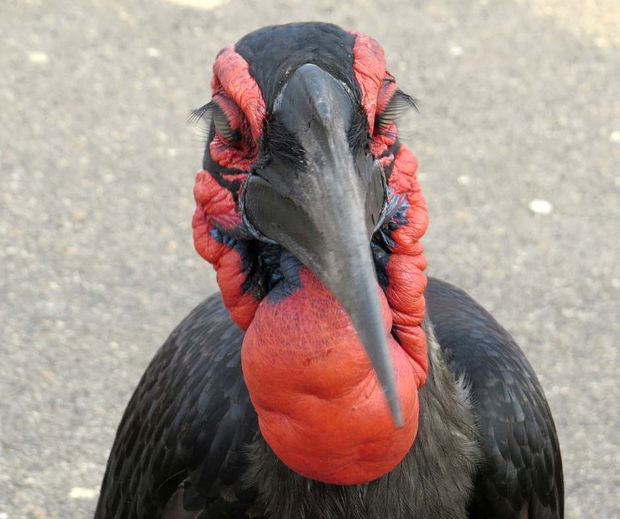
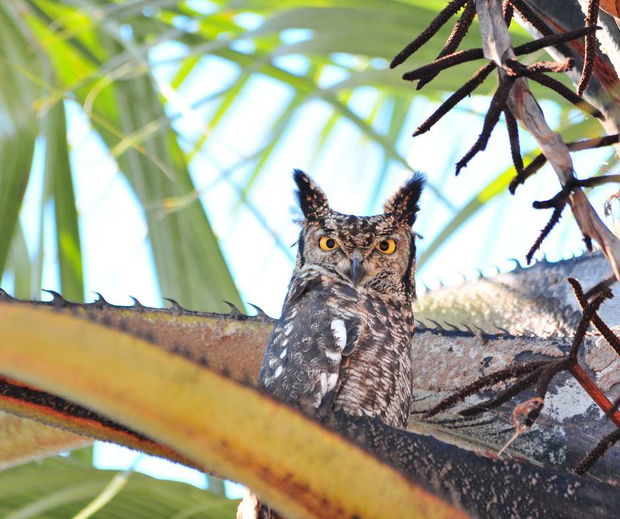
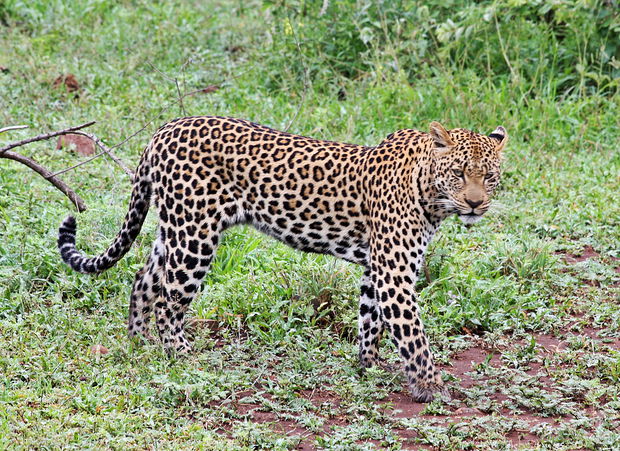
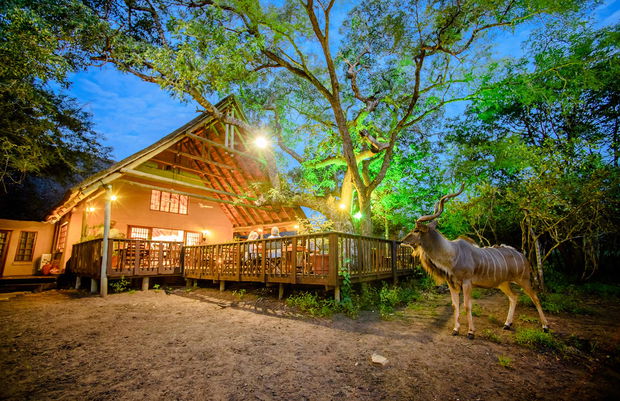
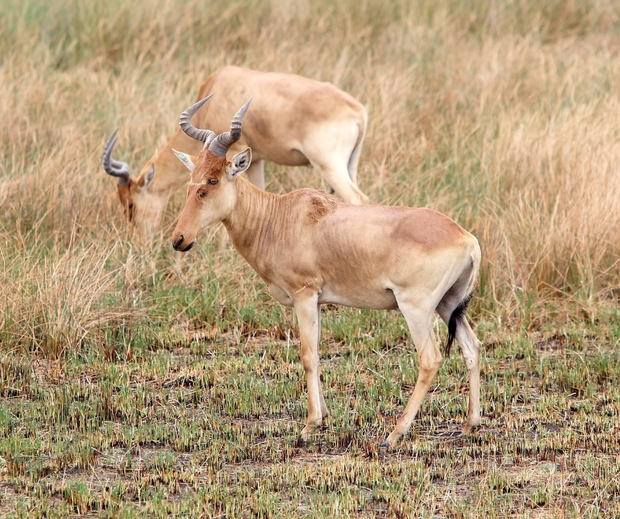
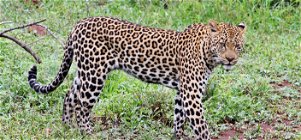
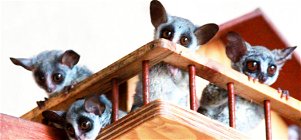
Share This Page